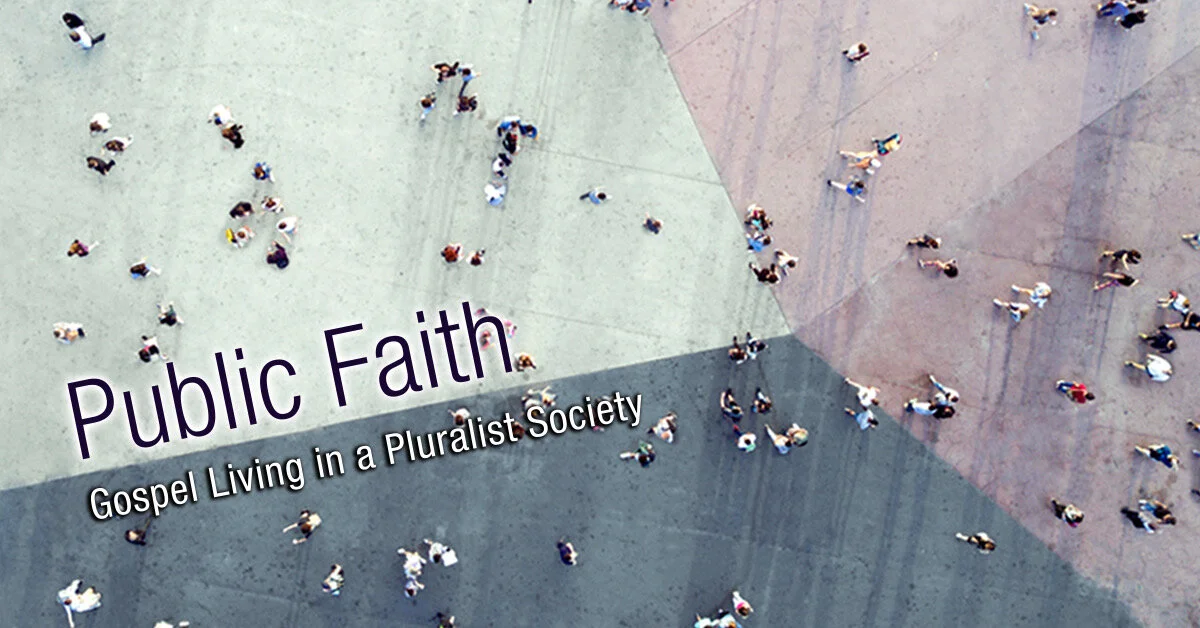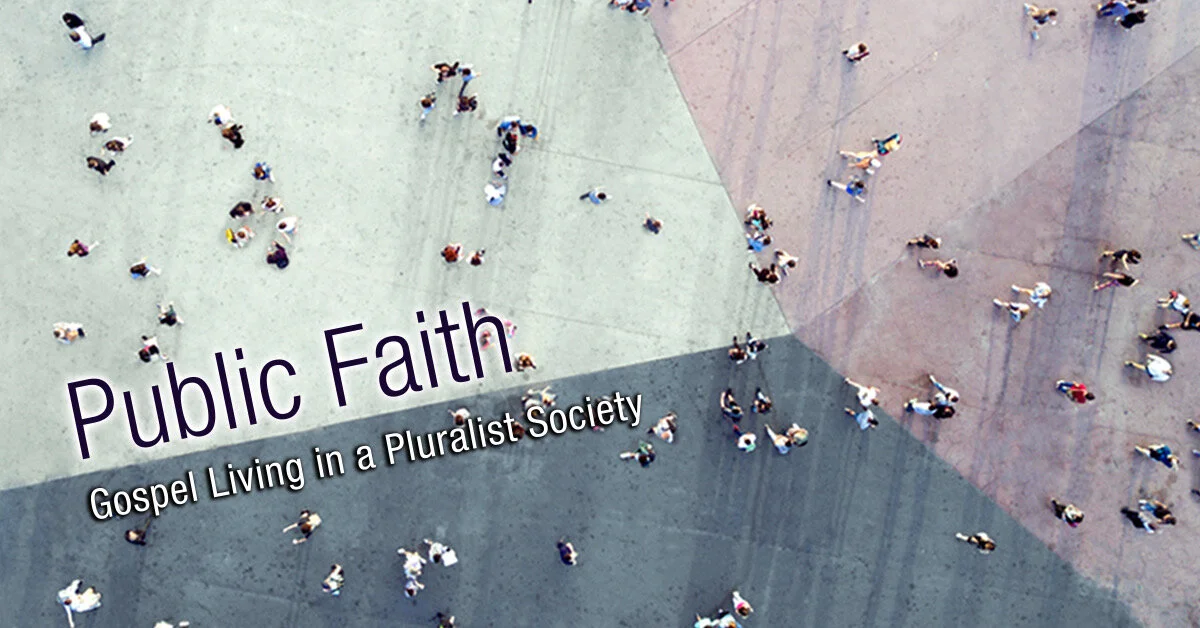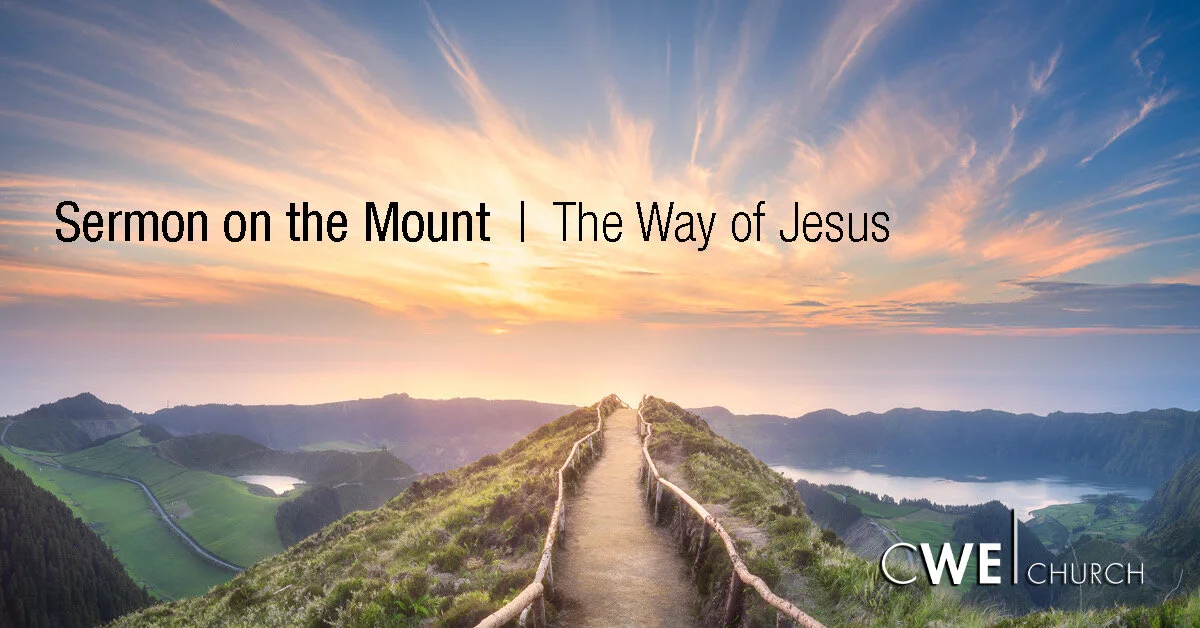What does it look like to grow in mental and emotional health? The Psalms are ancient therapy, and this Psalm gives us an excellent overview of how to process our emotions.
The writer of Ecclesiastes warns us of a grievous evil that weighs heavy on humankind. An evil that has brought havoc and devastation to countless lives. But we live in a world that desperately tries to ignore and deny that this evil evenness exists. Join us as we seek to grow in wisdom, by looking at an uncomfortable truth.
When we place our faith in Jesus, we are redeemed into God’s story. Living redeemed means finding joy in God‘s promise to bless us and make us a blessing to all the world.
We live in a world that increasingly values cultural diversity. But that is not a new vision. Revelation 7 shows us that this has always been God's vision for the world, and how he fulfills it.
*Please excuse the white noise for the first part of the sermon. We had some technical difficulties and it is resolved right around the 19:54 mark.
Our culture trains us to separate physical reality (the "real world") from spiritual reality (God's world). But what would it look like to live our faith publicly in such a way that those two worlds come near, and even become one world?
While our culture says that sharing your faith is wrong, even some atheists say that if Christians really believe the gospel is the way to abundant life, the only thing that makes moral, rational sense is to share that faith. So why don’t we? In this passage, Jesus helps us to understand that we are missing something.
How do you makes sense of Jesus and the gospel to a world in which Christianity is meaningless, or even seen as harmful and destructive? Jesus' encounter with the woman at the well has a lot to show us about that.
We have no problem publicly advocating for our convictions about many things (e.g. politics) because we believe they address ultimate questions about the wellbeing of the whole world. What if the gospel, rightly understood, has more to say to those questions than anything else?
In this passage, Jesus has a lot to show us about reparations, and how we might think about this controversial subject.
In Matthew 25, Jesus says he's the King before whom every human will one day give an account of their life. What is the basis of his assessment of our lives? What is his desire for us? This passage shows us.
How should Christians think about and navigate all the competing ideologies and theories about justice? And especially, how can we do so in a way that leads not to division, but to greater peace and justice in the world?
What is the relationship between justice and faith? Many feel that faith should be kept private, while justice is public. But what if living a life of justice not only allows for faith to be a part of it, what if real justice requires it?
It's common to think of Christianity as a form of cultural imperialism: turning everyone into mindless clones. But what if the gospel is the one thing that can affirm and honor all cultures, yet unite them in a common story that bring true justice and peace to the world?
It’s common to think Jesus divides the world into the immoral, irreligious people and the good, moral, religious people. But what if that’s not the distinction he makes? Even more, what if the road he advocates is the only road that can truly lead us to the things we desire so passionately (freedom, authenticity)?
What is the good life and what does it mean to be a good person? The verse we know as the Golden Rule (“do unto others…”) is dependent on what Jesus talks about right before that: our relationship with God. In this passage, Jesus shows us how those things are connected.
Our lives are full of longings for something we feel is missing from ordinary experience. What would it look like to find that? What would it look like to help others find it as well? Jesus’s perplexing statement about pearls and pigs shows us.
The Meaning: to judge means to put people into categories.
The Problem: Sin has hurt us all, and pain distorts our perception, so that now we all have the tendency to put other people into categories that we would not put ourselves into. Jesus says that sin makes us all hypocrites.
The Warning: Jesus warns us that because we all have the same problem we WILL be put into the same categories as we put others into.
The Cure: Jesus has taken the judgement we deserve so that now we can face our own hypocrisy. And when we do, it allows Him to heal us. And to the degree that we are healed is the degree to which He transforms us from Hurting Hypocrites into Holy Healers, from a community of condemnation to a community of reconciliation.
Jesus talked constantly about “the kingdom of God.” But what is it? Last week, we look at what this passage shows us about how we get changed. This week, we look at what Jesus shows us about how the world gets changed. It’s all wrapped up in this idea of “the kingdom.”





















